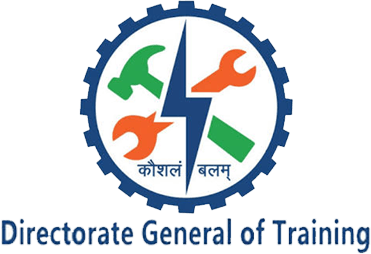High Priority for bank and non-bank reforms
While India has emerged relatively unscathed from the global financial crisis, there should be no room for complacency, Shaktikanta Das, Governor of the Reserve Bank of India (RBI) has stressed.
As a member of the several multilateral institutions, India actively participated in post crisis reforms of the international regulatory and supervisory framework under the aegis of the G20 and the Basel Committee, he pointed out.
And he assured “India remains committed to adoption of international standards and best practices in a phased manner, calibrated to our domestic conditions, wherever necessary.
“From the perspective of the Reserve Bank, we will continue to focus on effective communication and coordination with all stakeholders to achieve broader macroeconomic objectives of price stability, growth and financial stability”.
Das spoke on the ‘Evolving Role of Central Banks’ at the Lal Bahadur Shastri National Academy of Administration (LBSNAA) in Mussoorie on 17 June 2019.
To reinvigorate growth by improving investment climate, a healthy financial sector, inter alia, plays an important role, he noted.
In this context, the Reserve Bank has accorded high policy attention to reform both banking and non-banking sectors.
“We have been taking several steps to strengthen the regulatory and supervisory frameworks in order to increase the resilience of the banking system.
“New guidelines have been issued for resolution of stressed assets, which will sustain the improvements in credit culture,” said Das.
In the non-banking sector, the Reserve Bank has recently come out with draft guidelines for a robust liquidity framework for the NBFCs.
“We are also giving a fresh look at their regulatory and supervisory framework. It is our endeavour to have an optimal level of regulation and supervision so that the NBFC sector is financially resilient and robust,” he assured.
The Reserve Bank will continue to monitor the activity and performance of this sector with a focus on major entities and their inter-linkages with other sectors. The Reserve Bank will not hesitate to take any required steps to maintain financial stability, he underlined.
“We are also taking a number of steps to improve commercial viability of Urban Co-operative Banks (UCBs).
“These steps include proposed establishment of an Umbrella Organisation and a Centralised Fraud Registry for UCBs and governance reforms at the board level.
“We are also encouraging voluntary merger and consolidation in the sector to help reduce operating costs, diversify risks and economise on capital,” said the Governor. fiinews.com










